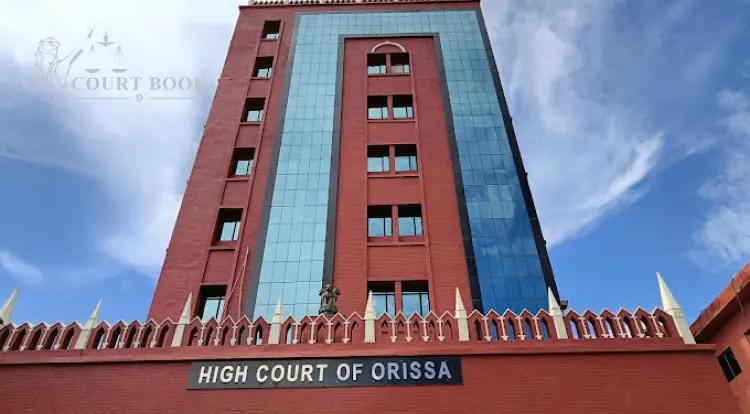The Orissa High Court overturned a Special Court’s decision that erroneously classified a 21-year-old accused as a juvenile in a Protection of Children from Sexual Offences (POCSO) case. The Court rebuked the lower court for ignoring the principle of “continuing offense” and emphasized that the accused must be tried as an adult since his last alleged crime occurred after he turned 18.
Case Background
The case dates back to 2017 when the accused, Naresh Suna, allegedly sexually assaulted a 14-year-old girl, took explicit photos, and blackmailed her. The victim reported that the exploitation continued until June 2023, with threats to leak the material and demands for money via WhatsApp. An FIR was lodged under Sections 376(2)(n), 376(3), 354-C, 323, 506 IPC, and Section 6 of the POCSO Act.
Read Also:- Supreme Court: Presence at Crime Scene Alone Does Not Prove Common Intention Under IPC Section 34
During investigation, the accused submitted a National Institute of Open Schooling (NIOS) certificate showing his date of birth as August 2, 2002. The Special Court in Sambalpur concluded he was a minor (14 years old) during the first offense in 2017 and transferred the case to the Juvenile Justice Board (JJB). However, the High Court noted the accused was 21 during the final alleged offense in 2023, making him a major.
The High Court, led by Dr. Justice S.K. Panigrahi, highlighted the legal principle governing “continuing offenses” under Section 472 of the CrPC. This provision states that for ongoing crimes, the limitation period renews at every instance of the offense. Citing the Supreme Court’s judgment in Vikas Chaudhary v. State (NCT of Delhi), the Court ruled:
“In cases of continuing offences, the age of the accused at the time of the last instance assumes paramount significance. If the accused attains majority by then, he must be tried as an adult.”
The Court criticized the Special Judge for ignoring this principle and relying solely on the NIOS certificate without verifying its authenticity. Justice Panigrahi remarked:
“The notion that proceedings should commence under juvenile jurisdiction simply because the accused was a minor at the inception of a continuing offence… raises profound concerns about the very competence of the judge who rendered it.”
The judgment underscored that the Juvenile Justice (JJ) Act aims to rehabilitate minors, not shield adults. Quoting the Supreme Court’s stance in Om Prakash v. State of Rajasthan, the Court stressed:
“The JJ Act is meant for minors who are innocent law-breakers, not for matured individuals using minority as a ploy to evade justice.”
The High Court expressed dismay over the Special Court’s failure to consider the victim’s statements, FIR details, and the repeated nature of the offenses. It warned that such lapses erode public trust in the judiciary.
The Court allowed the revision petition, setting aside the Special Court’s order dated July 3, 2023. The case was remanded for fresh proceedings, directing the accused to be tried as an adult. Justice Panigrahi concluded with a stern reminder:
“Judges must adhere rigorously to statutory mandates. Any deviation compromises judicial integrity and public confidence.”














